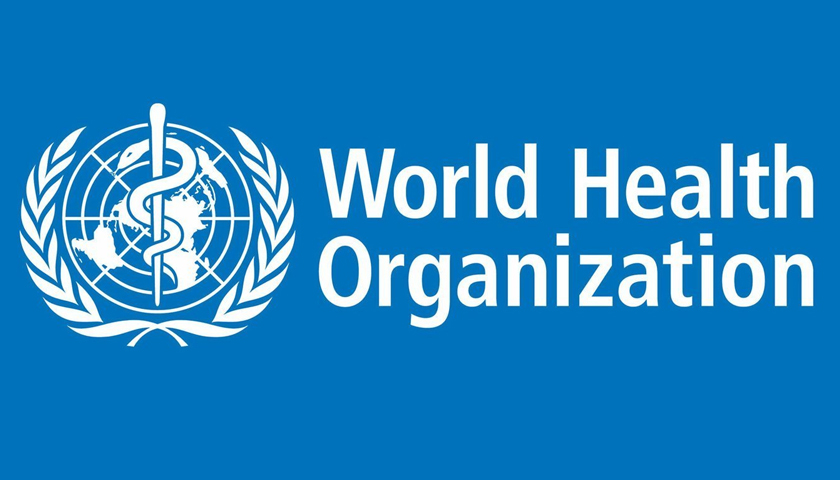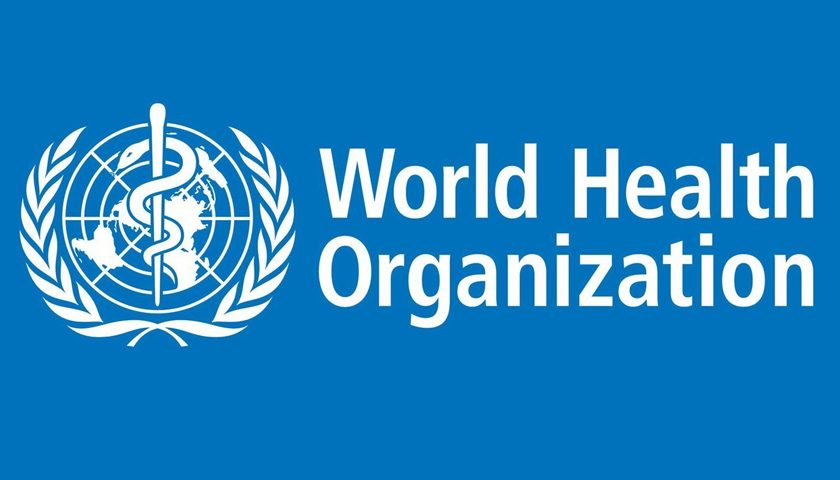The WHO have released REPLACE, a step-by-step guide for the elimination of industrially-produced trans-fatty acids from the global food supply.
Eliminating trans fats is key to protecting health and saving lives: WHO estimates that every year, trans fat intake leads to more than 500,000 deaths of people from cardiovascular disease.
Industrially-produced trans fats are contained in hardened vegetable fats, such as margarine and ghee, and are often present in snack food, baked foods, and fried foods. Manufacturers often use them as they have a longer shelf life than other fats. But healthier alternatives can be used that would not affect taste or cost of food.
“WHO calls on governments to use the REPLACE action package to eliminate industrially-produced trans-fatty acids from the food supply,”said WHO Director-General, Dr Tedros Adhanom Ghebreyesus. “Implementing the six strategic actions in the REPLACE package will help achieve the elimination of trans fat, and represent a major victory in the global fight against cardiovascular disease.”
REPLACE provides six strategic actions to ensure the prompt, complete, and sustained elimination of industrially-produced trans fats from the food supply:
REview dietary sources of industrially-produced trans fats and the landscape for required policy change.
Promote the replacement of industrially-produced trans fats with healthier fats and oils.
Legislate or enact regulatory actions to eliminate industrially-produced trans fats.
Assess and monitor trans fats content in the food supply and changes in trans fat consumption in the population.
Create awareness of the negative health impact of trans fats among policy makers, producers, suppliers, and the public.
Enforce compliance of policies and regulations.
Several high-income countries have virtually eliminated industrially-produced trans fats through legally imposed limits on the amount that can be contained in packaged food. Some governments have implemented nationwide bans on partially hydrogenated oils, the main source of industrially-produced trans fats.
In Denmark, the first country to mandate restrictions on industrially-produced trans fats, the trans fat content of food products declined dramatically and cardiovascular disease deaths declined more quickly than in comparable OECD countries.
“New York City eliminated industrially-produced trans fat a decade ago, following Denmark’s lead,” said Dr. Tom Frieden, President and CEO of Resolve to Save Lives, an initiative of Vital Strategies. “Trans fat is an unnecessary toxic chemical that kills, and there’s no reason people around the world should continue to be exposed.”
Action is needed in low- and middle-income countries, where controls of use of industrially-produced trans fats are often weaker, to ensure that the benefits are felt equally around the world.
WHO Global Ambassador for Noncommunicable Diseases, Michael R. Bloomberg, a three-term mayor of New York city and the founder of Bloomberg Philanthropies, said: “Banning trans fats in New York City helped reduce the number of heart attacks without changing the taste or cost of food, and eliminating their use around the world can save millions of lives. A comprehensive approach to tobacco control allowed us to make more progress globally over the last decade than almost anyone thought possible – now, a similar approach to trans fat can help us make that kind of progress against cardiovascular disease, another of the world’s leading causes of preventable death.”
Elimination of industrially-produced trans fats from the global food supply has been identified as one of the priority targets of WHO’s strategic plan, the draft 13th General Programme of Work (GPW13) which will guide the work of WHO in 2019 – 2023. GPW13 is on the agenda of the 71st World Health Assembly that will be held in Geneva on 21 – 26 May 2018. As part of the U.N.’s Sustainable Development Goals, the global community has committed to reducing premature death from noncommunicable diseases by one-third by 2030. Global elimination of industrially-produced trans fats can help achieve this goal.
“Why should our children have such an unsafe ingredient in their foods?” asks Dr Tedros. “The world is now embarking on the UN Decade of Action on Nutrition, using it as a driver for improved access to healthy food and nutrition. WHO is also using this milestone to work with governments, the food industry, academia and civil society to make food systems healthier for future generations, including by eliminating industrially-produced trans fats.”

